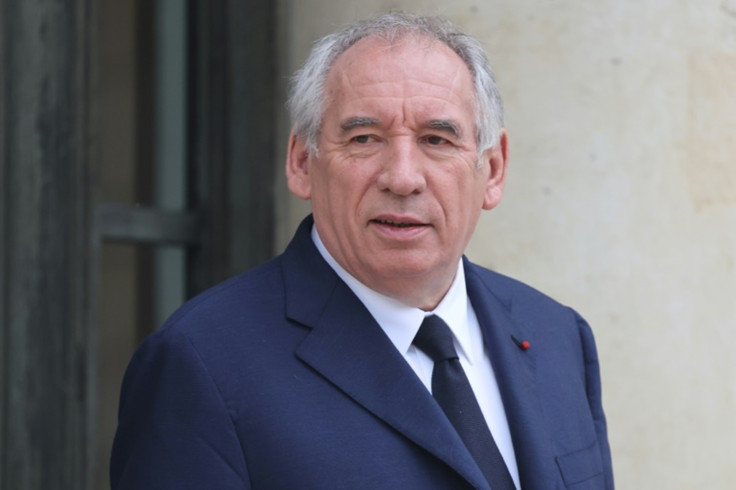
French Prime Minister François Bayrou was ousted on 8 September after losing a high-stakes confidence vote in the National Assembly, where 364 lawmakers voted against him and 194 in favour. The removal marks yet another collapse under President Emmanuel Macron, who must now appoint his fourth prime minister in less than a year as he struggles to stabilise his administration and pass a deeply unpopular budget.
Bayrou's Confidence Vote Gamble Backfires
Bayrou, who became prime minister in December 2024, called a confidence vote under Article 49.1 of the constitution, linking his government's survival to parliamentary approval. The measure failed when a majority of lawmakers, including both far-left and far-right deputies, voted against him, toppling his administration.
In his final appeal to lawmakers, Bayrou warned: 'You have the power to bring down the government, but you do not have the power to erase reality.' He was referring to France's mounting debt, which has reached around 114% of GDP. Despite his warning, deputies rejected his call for austerity measures, triggering his government's collapse.
The Austerity Budget Trigger
At the centre of the crisis was Bayrou's proposed austerity budget, which included €44 billion (£38.2 billion) in spending cuts. Among the most contentious suggestions was the scrapping of public holidays, alongside major reductions to public spending.
The measures were designed to curb national debt and reassure credit rating agencies ahead of key fiscal reviews. However, unions and opposition groups condemned the proposals, calling them socially unjust and politically unworkable.
Public opinion also turned sharply against the cuts, fuelling protests and adding to the mounting pressure that eventually led to Bayrou's downfall.
Macron's Struggle with Repeated Government Collapses
Bayrou's removal highlights the ongoing political instability facing President Macron. Since the snap election in June 2024, his centrist coalition has failed to secure a majority in the National Assembly, making effective governance extremely difficult.
The result has been a series of short-lived governments. Bayrou was Macron's fourth prime minister in less than two years, following the collapse of Michel Barnier's administration in December 2024. This level of turnover is unprecedented in the Fifth Republic and underscores Macron's struggle to find durable leadership to manage a divided parliament.
Political Fallout and Reactions
The political fallout has been swift. Far-right leader Marine Le Pen told the National Assembly ahead of the vote that the fall of Bayrou's government would mark "the end of the agony of a phantom government" and urged President Macron to dissolve parliament and hold snap elections.
On the left, leaders criticised both Bayrou's austerity measures and Macron's repeated failure to build a stable government.
Public frustration is also rising. A protest movement known as 'Bloquons tout' (Let's block everything) has gained traction, with unions warning of strikes and disruptions in the coming weeks. Analysts suggest the unrest reflects wider dissatisfaction with Macron's leadership and his handling of France's economic challenges.
What Comes Next for the French Government
Bayrou is expected to formally submit his resignation to President Macron on 9 September. The Élysée Palace has stated that a new prime minister will be named 'in the coming days'.
The next head of government will face immediate challenges. Chief among them will be passing the 2026 budget, which remains a divisive issue in parliament. Restoring confidence in France's governance, calming public discontent and reassuring financial markets will also be critical tasks.
With yet another government collapse, Macron finds himself in a weakened position domestically and internationally, raising questions about how he can maintain stability during the remaining years of his presidency.







